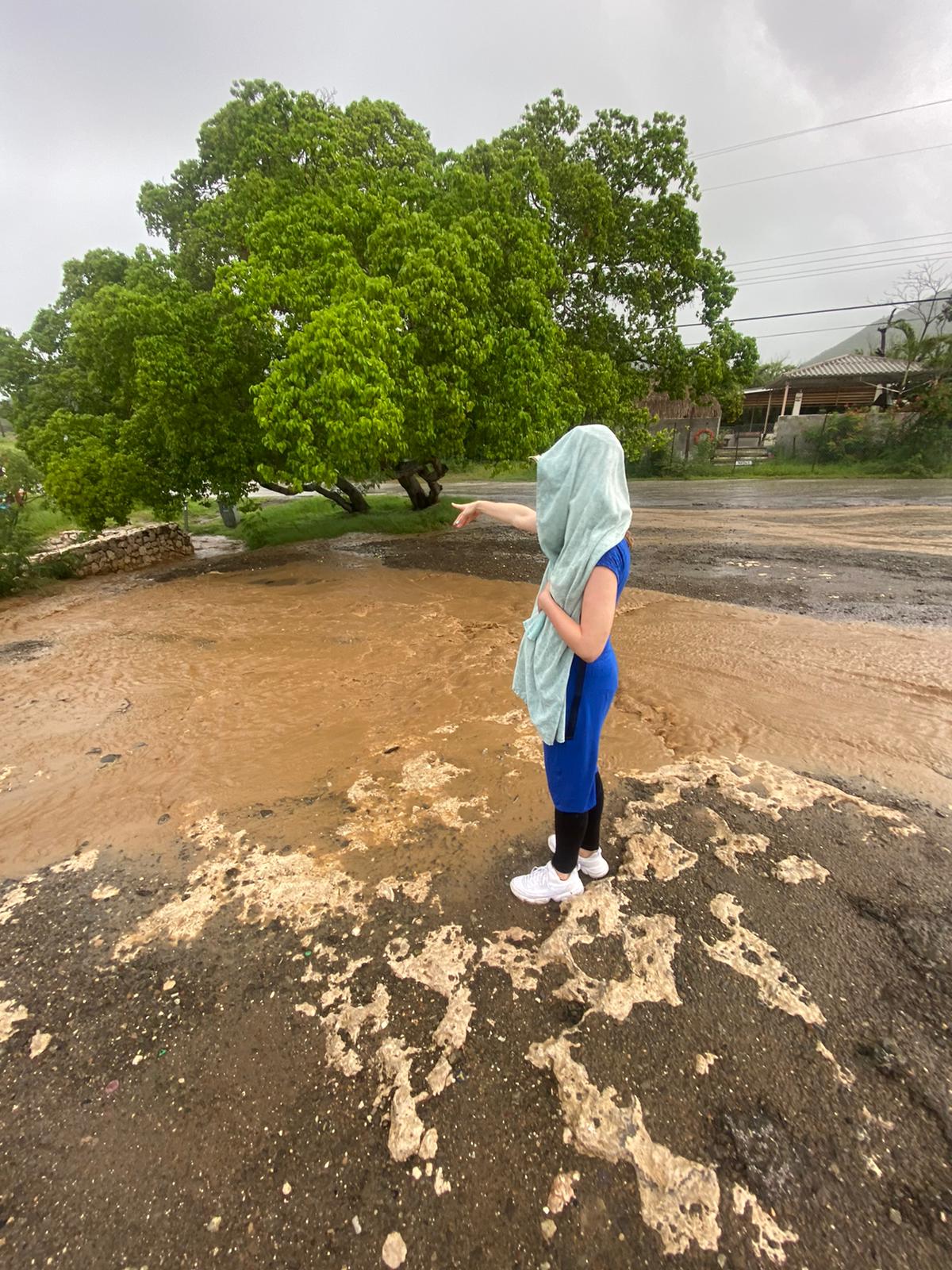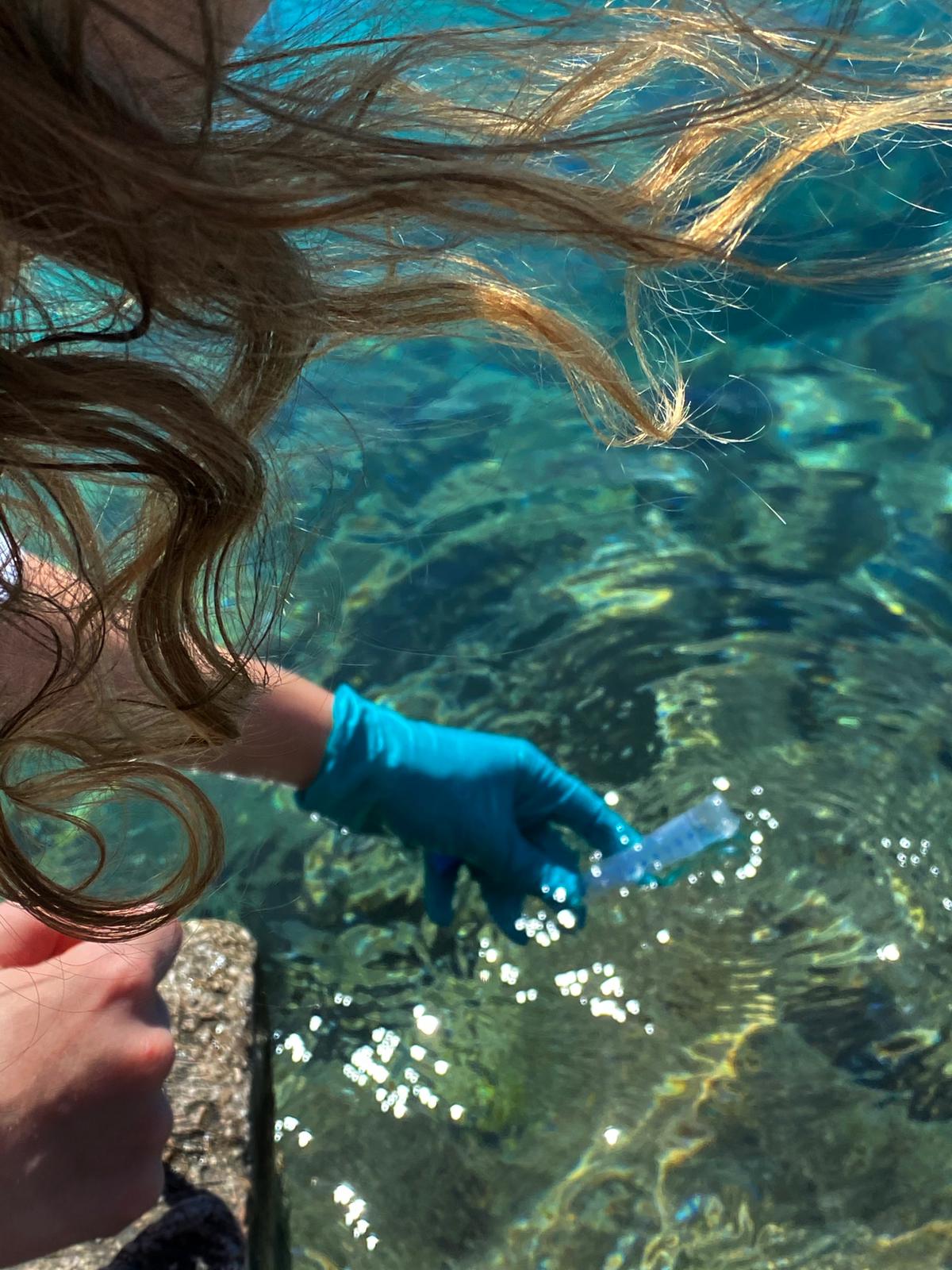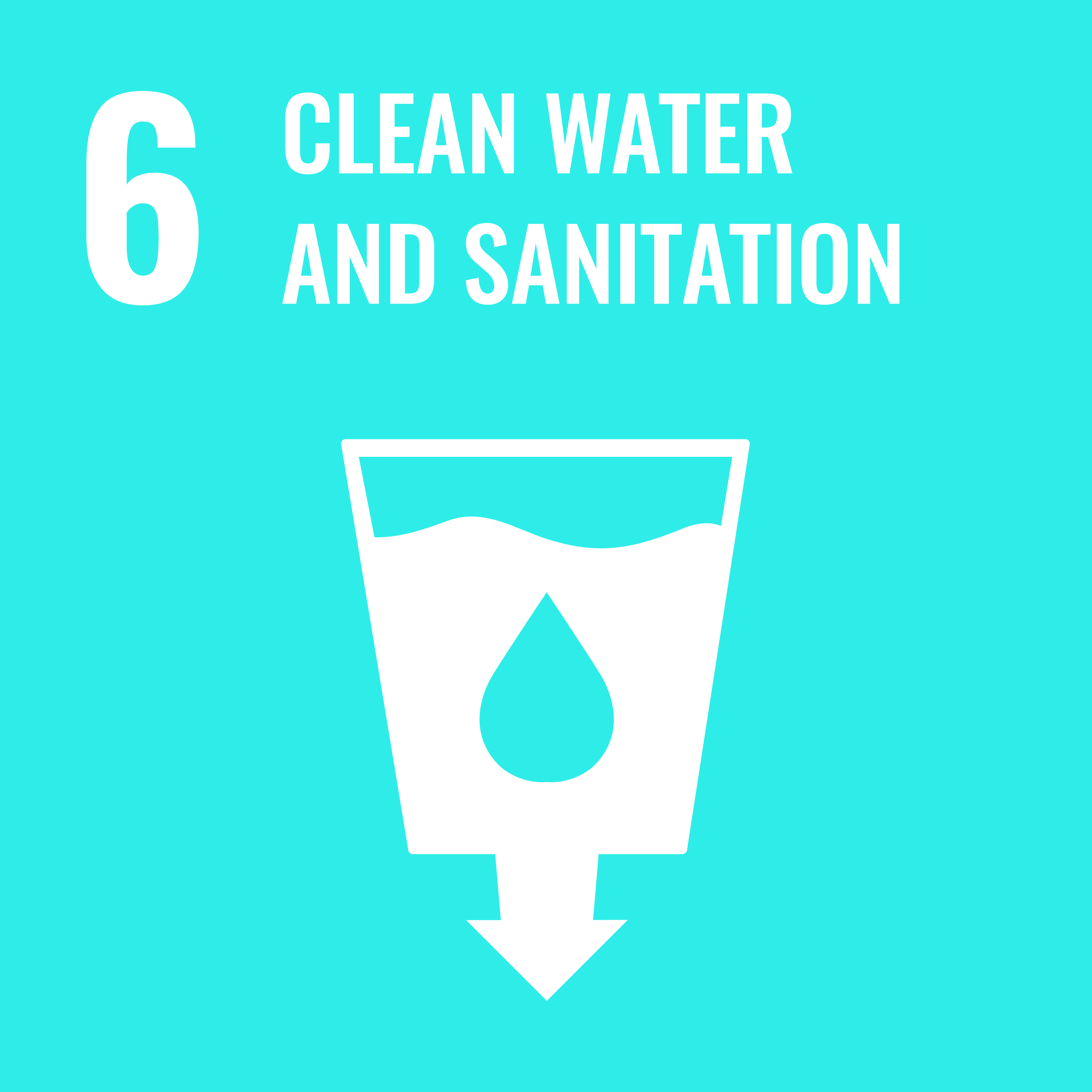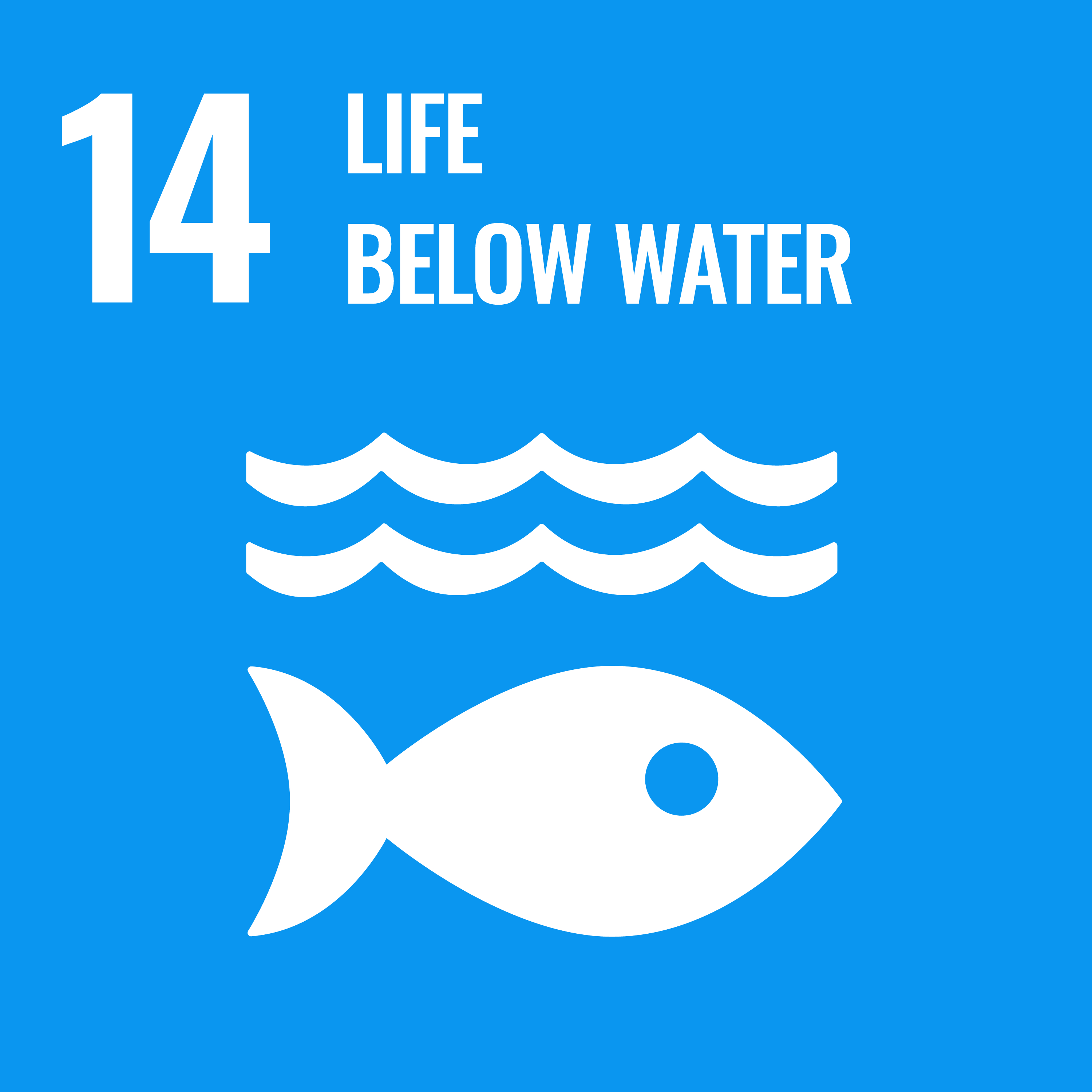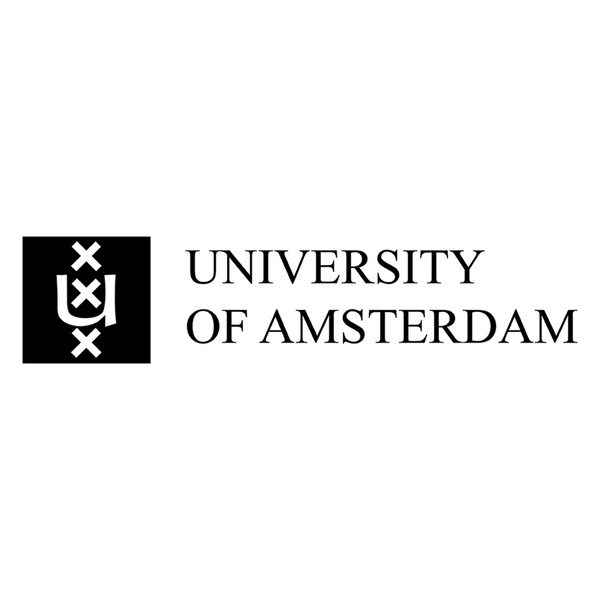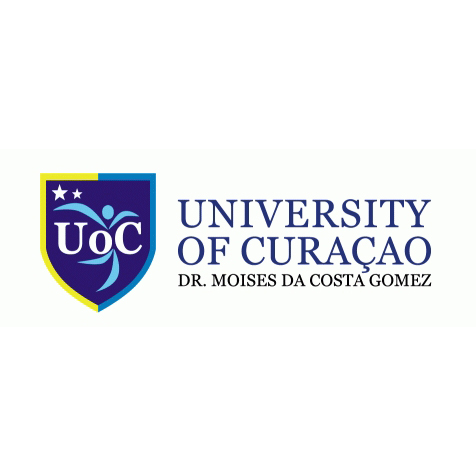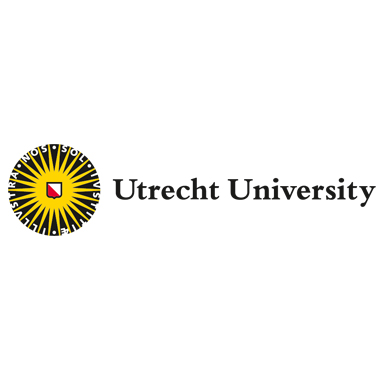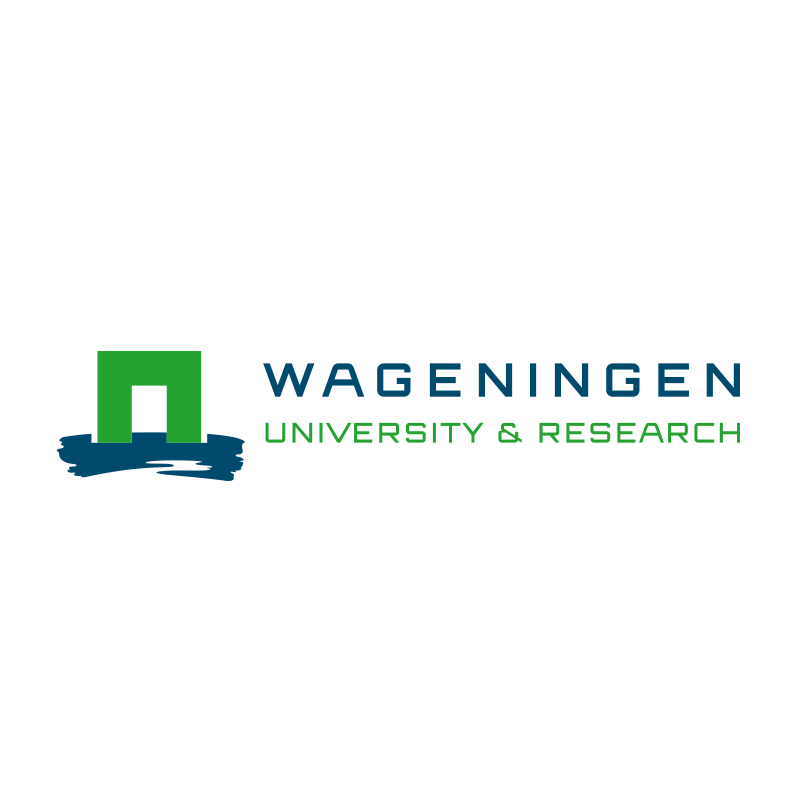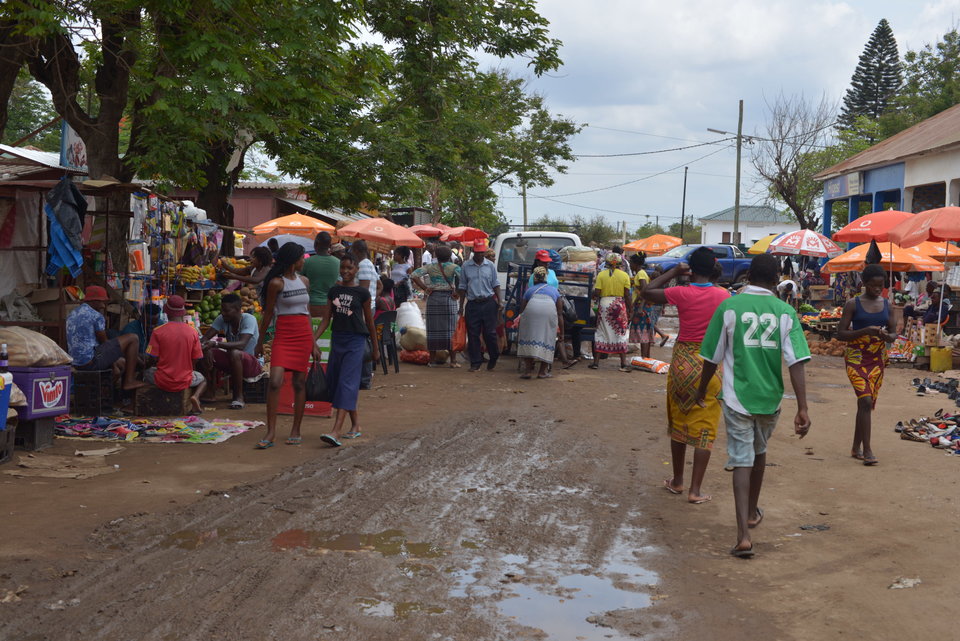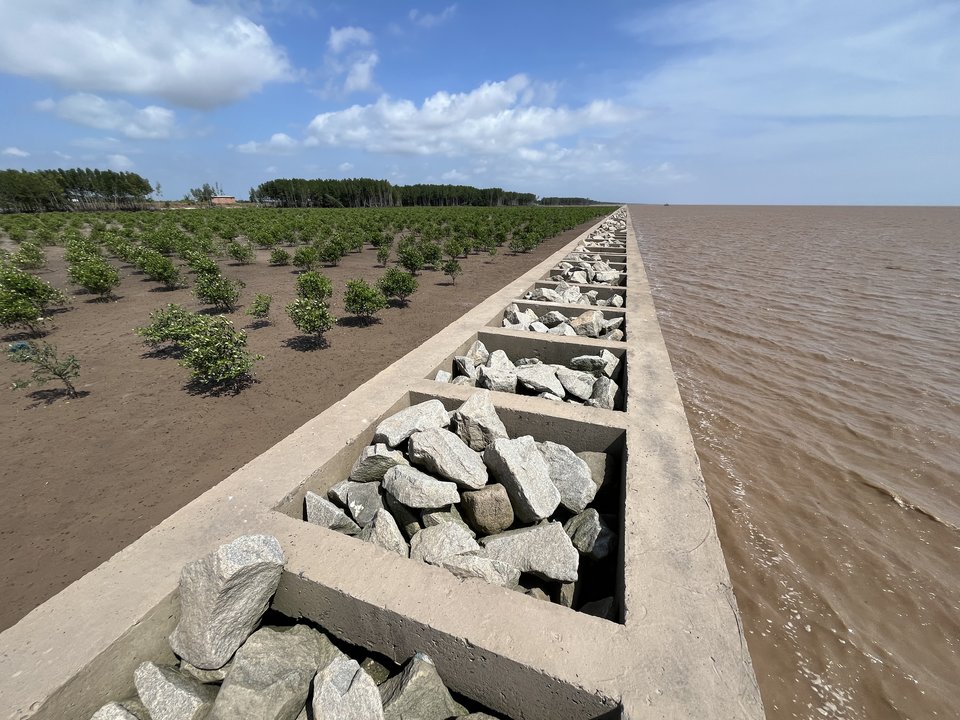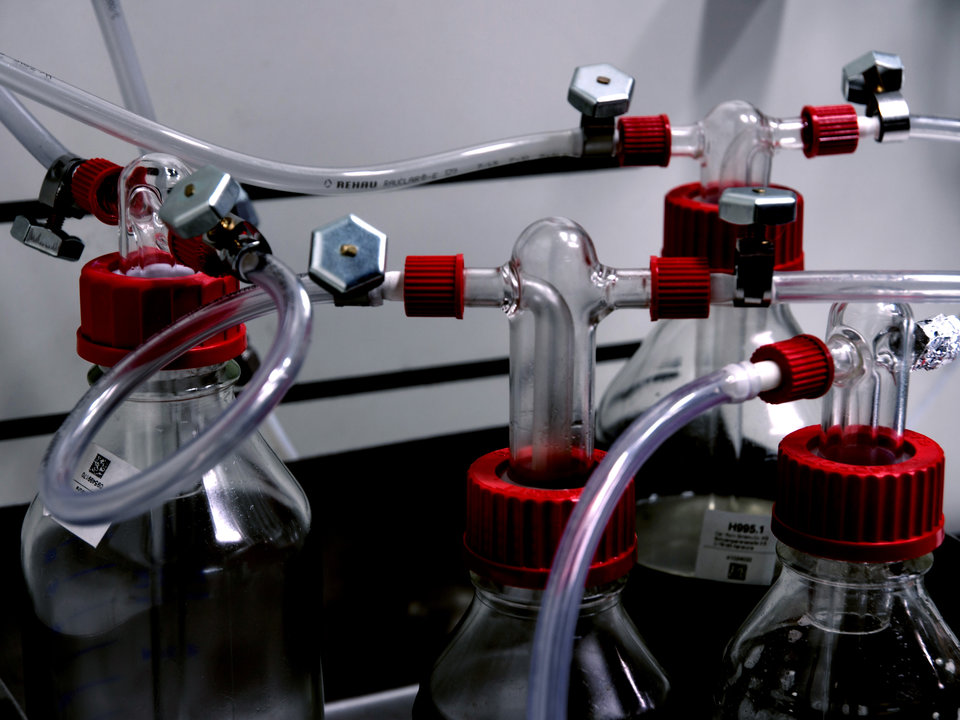Understanding the Effects of Coral Reef Pollution
Coral Reefs Degradation
Coral reefs are among the most biologically diverse and productive ecosystems on earth, providing tropical communities with wealth in the form of tourism, recreation, employment, fisheries production, shoreline protection, beach creation, and cultural heritage. Some of the best reefs remaining in the entire Caribbean region are found around Dutch Caribbean islands, especially Bonaire and Curaçao. As coral reef health continues to decline region-wide due to local and global stressors (especially wastewater, pollution, fertilizer, run-off, coastal The Sealink Project Understanding the Effects of Coral Reef Pollution development, overfishing, and global change), communities in the Dutch and wider Caribbean risk losing an increasing proportion of the economic, social, and cultural benefits provided by coral reefs.
The Effects of Pollution
How exactly inland pollution such as sewage water and chemicals gets into coral reefs is not yet known. These mechanisms need to be studied if we want to maintain functional coastal ecosystems, protect infrastructure, and support economies across the region. Therefore, for the first time, Dutch and Caribbean scientists are looking at how the coral reefs are affected by pollution that flows from land into the sea and how subsequently water motion and marine organisms move and change these substances, and the overall impact that land-based pollution has on the coral reef ecosystem. The team of researchers will focus on Curaçao and St. Eustatius. The knowledge they gather is crucial for the preservation of coral reefs and biodiversity as well as for tourism and local communities in the Caribbean part of the Kingdom of the Netherlands.
Together
The University of Amsterdam reached out to multiple partners to set up an interdisciplinary team to achieve multiple goals, and Dr. Boris van Breukelen of the TU Delft will lead the work package on the hydro(geo)logy to understand precisely how pollutants, including; nutrients, fertilizer, sediments, organic compounds and pathogens, are transported into the sea, overland or underground, or both, to ultimately support effective land and water management.
Involved partners
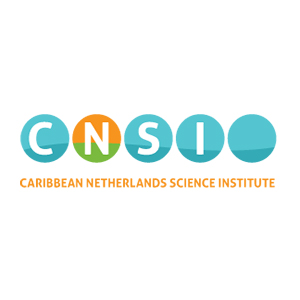

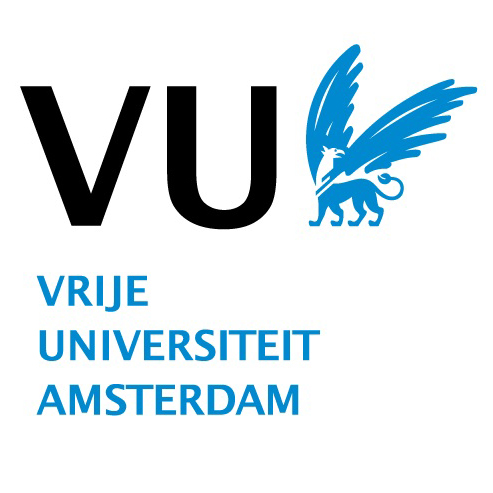
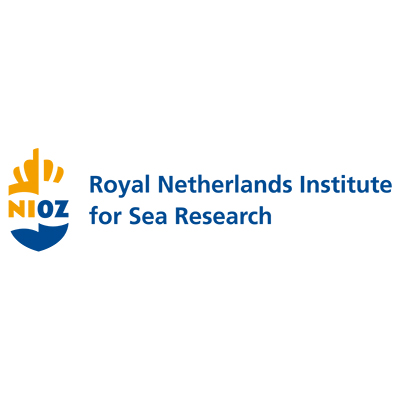
More Water for Impact Projects
TU Delft | Water for Impact is a programme of TU Delft | Global Initiative.

